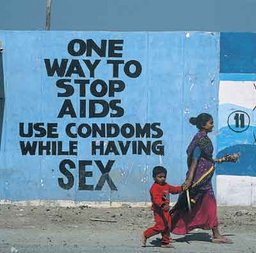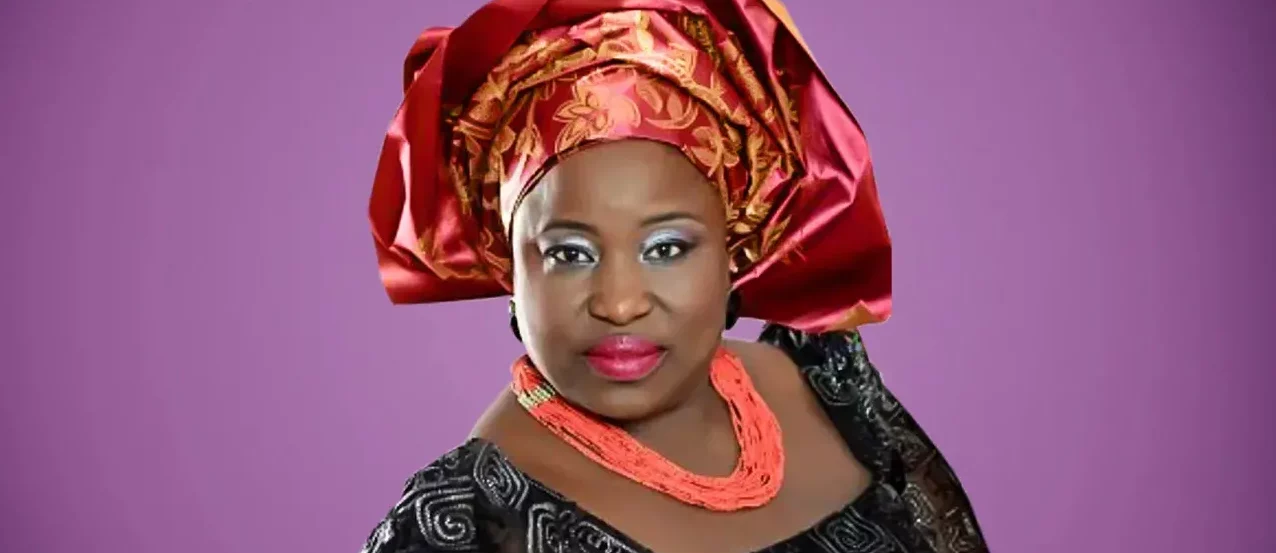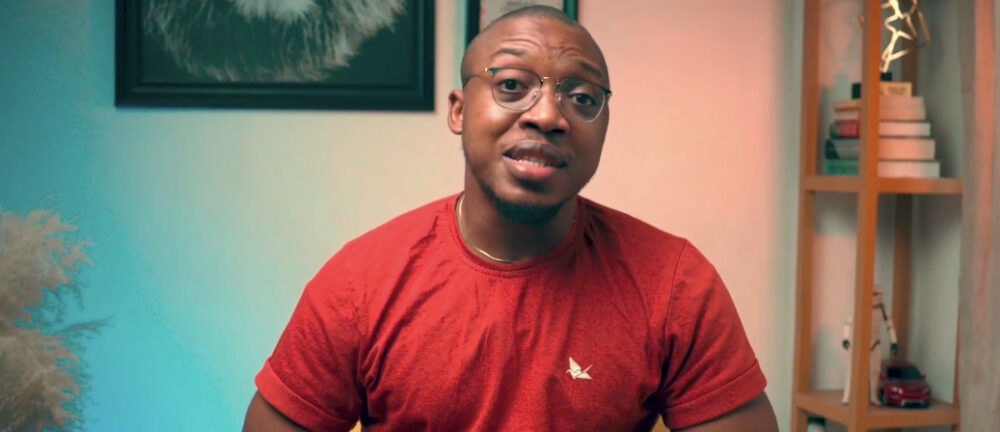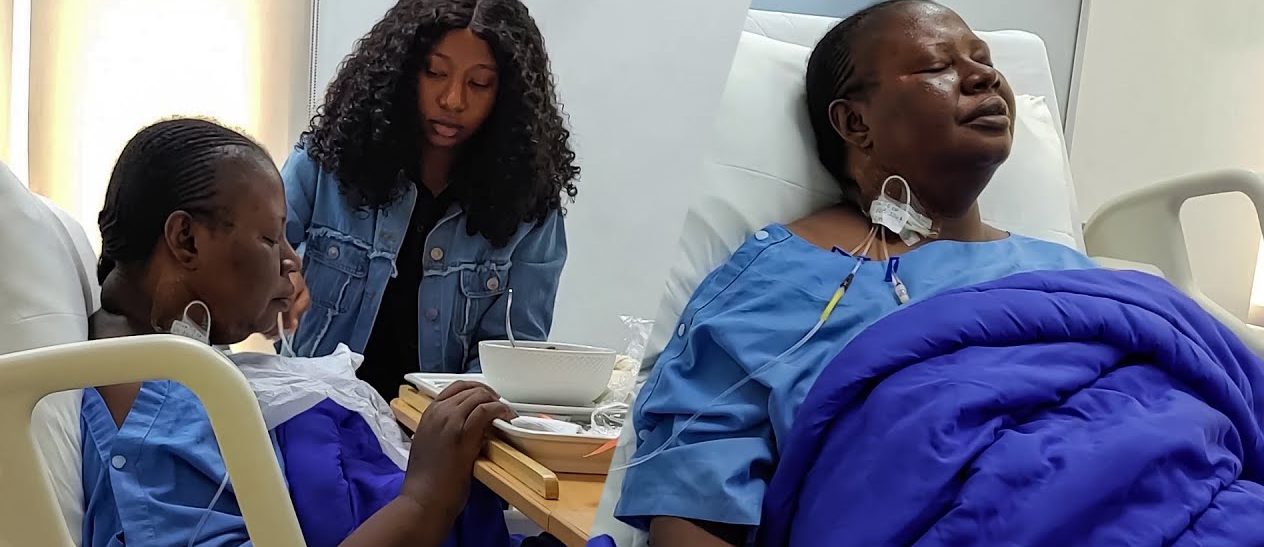
Nigeria will be the first African country to access the benefit of a new protective vaccine that will stop people from developing the Acquired Immune Deficiency Syndrome, AIDS as indication yesterday emerged that Cornell Micheal Nelson, one of the scientists who discovered the vaccine will be in Nigeria next month.
In a telephone chat with Vanguard, Director General of the National Agency for the Control of AIDS, NACA, Professor John Idoko disclosed that Cornell Micheal Nelson, will be in Nigeria by October 12, to attend a symposium, where he would be presenting a keynote addrees on the newly discovered vaccine.
The choice of Nigeria for this landmark event, is not unconnected with the country’s large population and notable contribution to the fight against the HIV virus. With the discovery of the vaccine, the world may be on the verge of finally overcoming the threat posed by HIV and AIDS.
However, indications from the Nigerian Institute of Medical Research, NIMR, revealed that Nigerian Scientists are excited over the vaccine which shows great potential to reduce the burden of HIV across the world.
According to former Director General of NIMR, Prof. Oni Idigbe, all is set for the symposium which would address other areas of the discovery.
Before now, various type of vaccines have been discovered in the past but none has shown great potential like the present vaccine discovered in Thailand.
According to the researchers, the AIDS vaccine could cut down the risk of developing the disease by a third.
Already, scientists across the world have hailed the breakthrough, saying it could be the first step to even better protection.
The new vaccine which works by stimulating the immune system — is a combination of two previous treatments which had proved ineffective when used alone.
It was tested on 8,000 HIV negative male and female volunteers aged 18 to 30 in Thailand.
They were checked for infection every six months. The results found that the chances of catching HIV were almost 32 per cent lower if a person had been given the vaccine rather than a dummy injection.
The breakthrough — funded by the US Military HIV Research Program and the Thai Ministry of Public Health — is regarded as a first step towards an effective vaccine against AIDS, which hits two million people a year.
Prof Aine McKnight, a viral expert from the University of London, said: For a quarter of a century the scientific community has been divided on whether a vaccine against HIV could be produced.
“Today that question is settled. This is exciting news, but the battle is far from won.”
A spokesman from the World Health Organisation said: “The results are the first demonstration that a vaccine can prevent infection and are of great importance.
“These results have instilled new hope in the HIV vaccine research field and promise that a safe and highly effective HIV vaccine may become available for populations throughout the world.”
The scientists, however advised that for now, the best protection remains having sex with a condom.



















